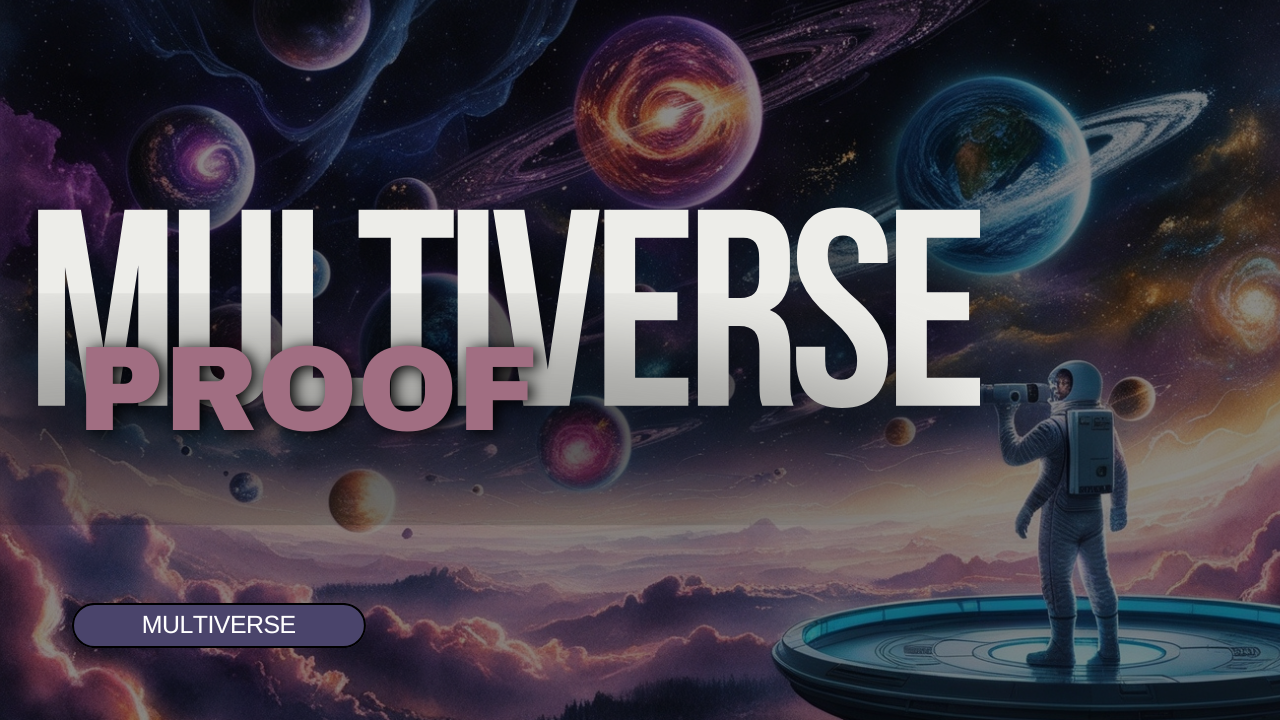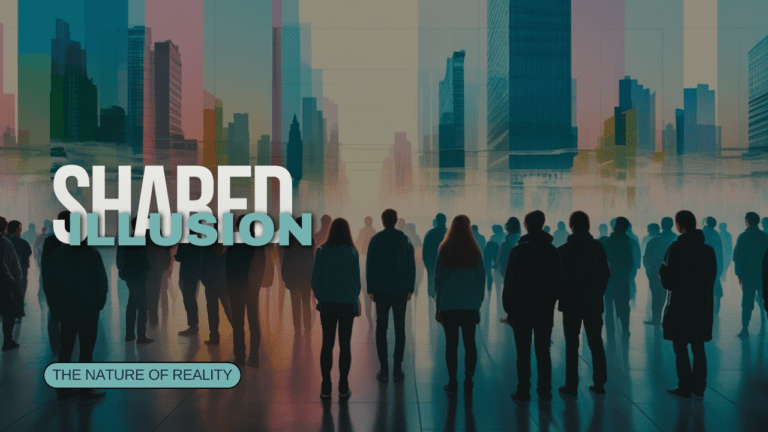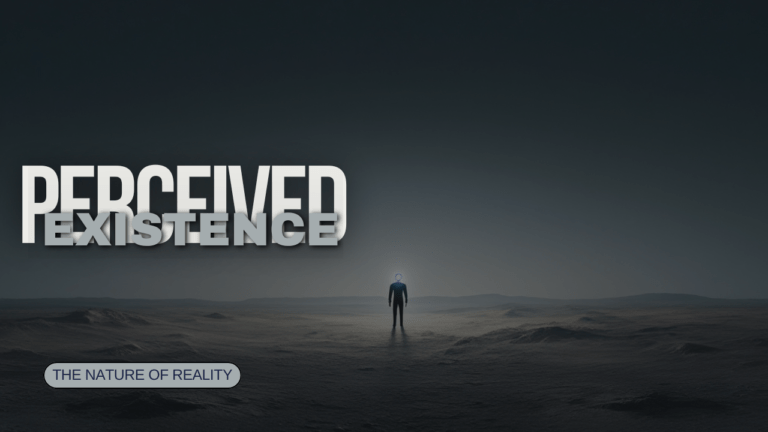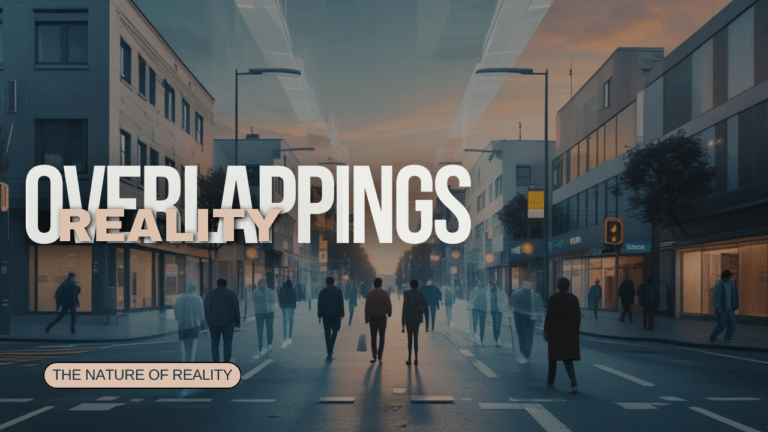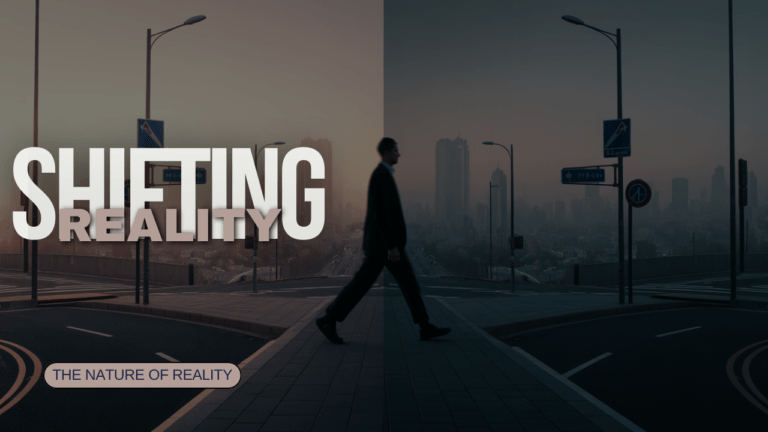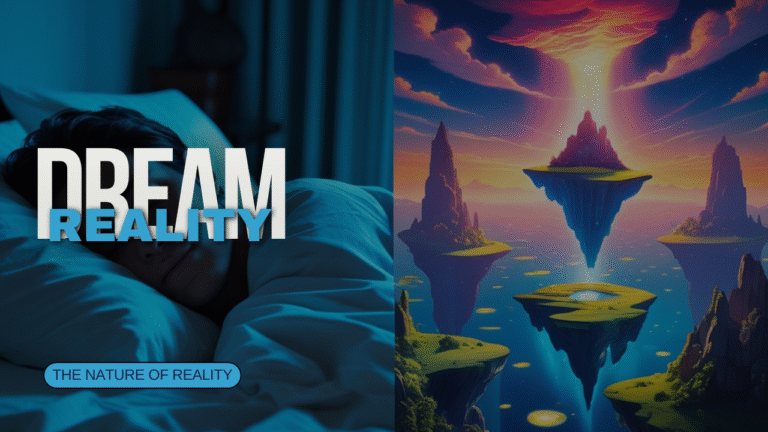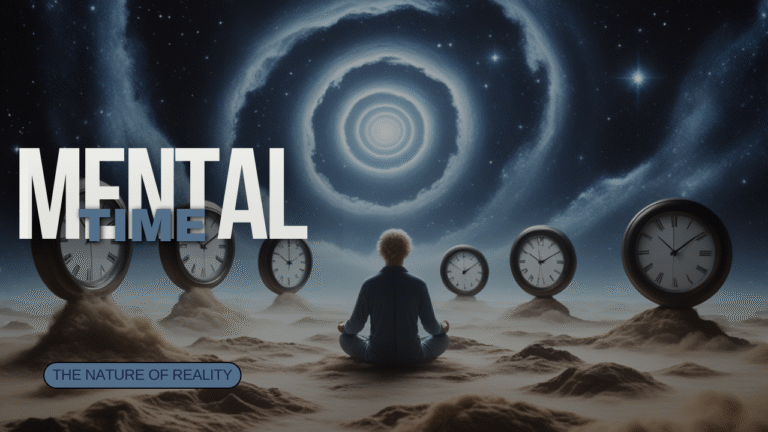What If We Found Proof of a Multiverse?
What If We Found Proof of a Multiverse?
Introduction
Imagine waking up one day to a news alert: “Scientists Confirm the Multiverse Is Real.”
No longer a theory. No longer a sci-fi concept. But real, with evidence. Tangible. Undeniable.
What would that mean—for science, for religion, for identity, and for you?
The idea of a multiverse has danced around cosmology and philosophy for decades. But if we suddenly had proof—like hard, peer-reviewed, telescope-confirmed, lab-tested evidence—how would the world respond? What would happen next?
Let’s dive deep into the ripples this revelation could cause.
How Could We Actually Prove a Multiverse Exists?
So far, the multiverse is theory—born from interpretations of quantum physics, cosmic inflation, and string theory. But proof? That’s tougher. Here are three ways it might happen:
- Cosmic Microwave Background (CMB) anomalies:
If another universe bumped into ours long ago, it could have left a “bruise” in the background radiation of space. We’re talking strange cold spots or warped patterns. - Quantum computing or particle physics discoveries:
Some scientists believe high-energy experiments (like at CERN) might reveal particles that shouldn’t exist in our universe… but might’ve slipped in from another. - Mathematical predictions meeting observable evidence:
String theory describes up to 11 dimensions. If we find ways to test those dimensions, and they respond… it might be our first multiverse handshake.
Even recently, NASA’s Antarctic experiments raised eyebrows with particles seeming to move backward in time—some called it a “parallel universe” clue (although that claim was later debated). Still, it shows how hungry we are for this kind of evidence.
Our Thoughts
At EdgyThoughts, we’re not afraid to lean into the “what if.” If we found proof of a multiverse, it wouldn’t just change science—it would shake our entire understanding of self, soul, and purpose. The idea that there are other versions of you, living out every possibility you never chose? That’s both thrilling and terrifying.
And yet… isn’t it oddly comforting? Like maybe nothing is ever truly lost—just lived elsewhere.
Pros and Cons of a Proven Multiverse
| Pros | Cons |
|---|---|
| Explains strange physics mysteries (fine-tuning, dark matter). | Could challenge religious, moral, or philosophical beliefs. |
| Opens doors to advanced technology and travel. | Might spark existential crises or identity questions. |
| Could help explain déjà vu, dreams, or Mandela Effects. | Politically and socially destabilizing for some. |
| Offers endless possibility—every choice exists somewhere. | Could reduce meaning or value of this version of life. |
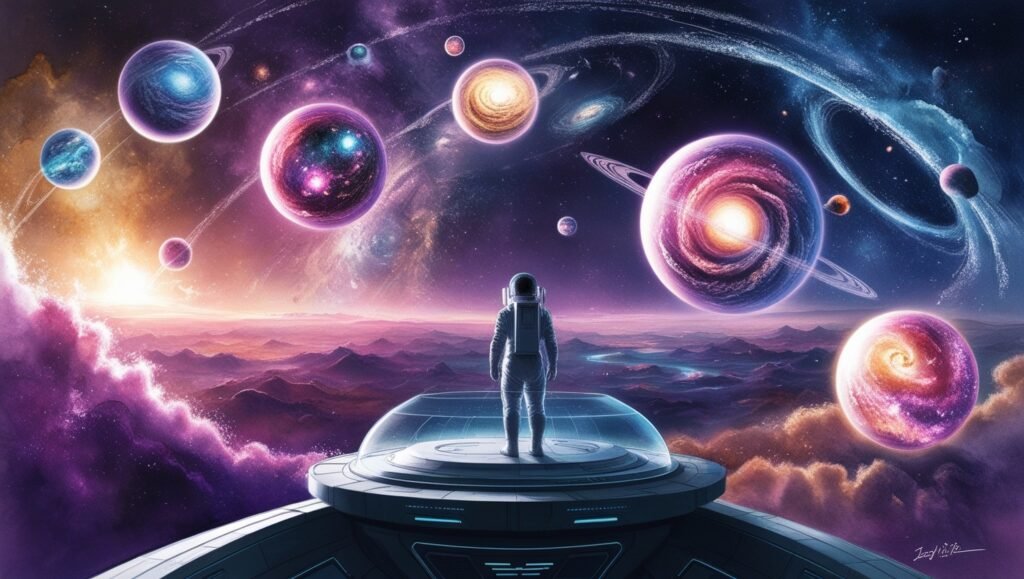
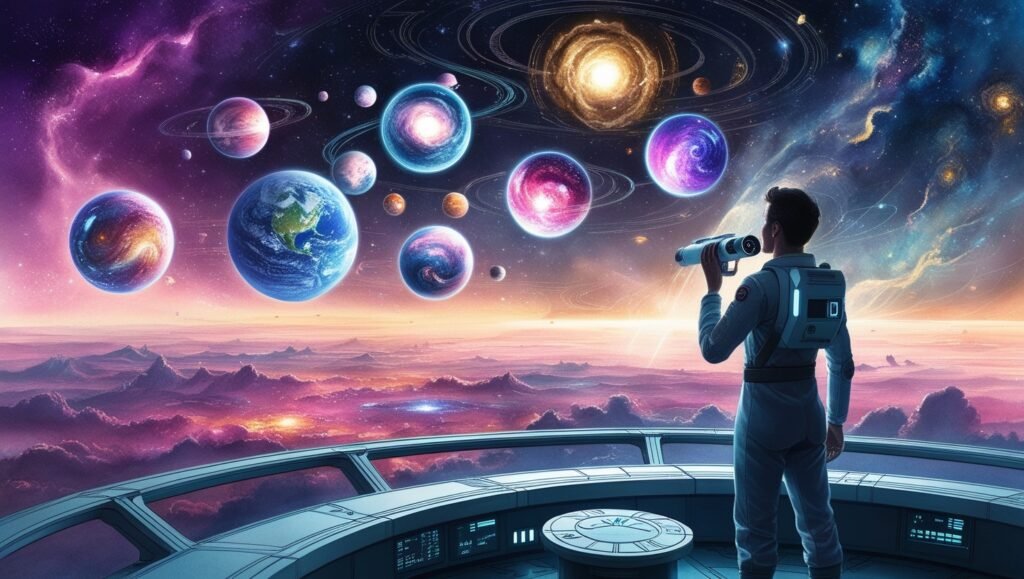

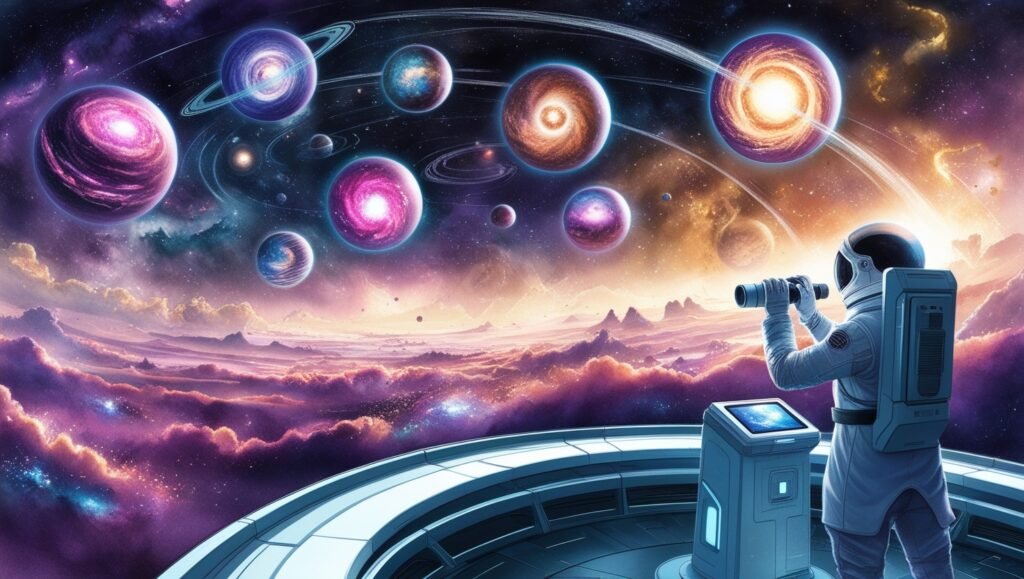
Would Religion and Philosophy Change?
Oh, absolutely. If a multiverse were real, it would force faith systems to evolve. Some might adapt beautifully—saying a divine being created all worlds. Others might feel threatened, especially if the multiverse implies randomness instead of intention.
Philosophers would have a field day. What does free will mean if all choices happen somewhere? What does morality mean if there’s a version of you doing the opposite?
For many, it could deepen belief. For others, it might unravel the fabric of meaning. It depends on how we handle the weight of infinite versions of ourselves.
Would It Be Possible to Visit Another Universe?
Not with today’s tech. Most multiverse models say each universe is sealed off from the others—different dimensions, laws, or even spacetime bubbles.
But if we found a quantum “bridge” or a way to manipulate energy in higher dimensions… maybe, someday. It wouldn’t be like stepping through a door. It might be more like tuning your consciousness to a different frequency. Think teleportation meets lucid dreaming meets particle physics.
Right now, it’s pure speculation. But hey—so was spaceflight once.
Key Points You Should Know
- Multiverse is still unproven—but increasingly plausible.
- Cosmic and quantum clues might someday point to other realities.
- Proof would shake science, society, and spirituality.
- It could explain why our universe seems “fine-tuned” for life.
- We’re not ready to travel there—yet.
Explaining Each Point
1. Plausible, not confirmed:
Scientists explore it seriously—but we don’t have conclusive data.
2. The hunt is on:
From the CMB to quantum experiments, we’re scanning for signs.
3. Psychological impact is huge:
Imagine telling kids in school there are other versions of them making different choices.
4. Life-friendly rules may not be a coincidence:
The multiverse could mean our universe is just one lottery winner among billions.
5. Travel’s off the table—for now:
But imagination and AI are our best tools for exploring it for now.
What We Think
If we found proof of a multiverse tomorrow, it would change everything—and yet, maybe nothing. You’d still wake up. Still eat breakfast. Still text your friends.
But in the background of your mind, the world would feel bigger. Every mistake might feel less final. Every dream, a little more reachable. And every version of you out there, trying to figure it all out—just like you are here.
The multiverse isn’t just science. It’s poetry, too.
🔗 Related Articles from EdgyThoughts.com
- Could We Live on a Super-Earth?
https://edgythoughts.com/could-we-live-on-a-super-earth/
🌐 External Resource
Want to dive deeper? Here’s a great primer on the science:
Wikipedia – Multiverse
